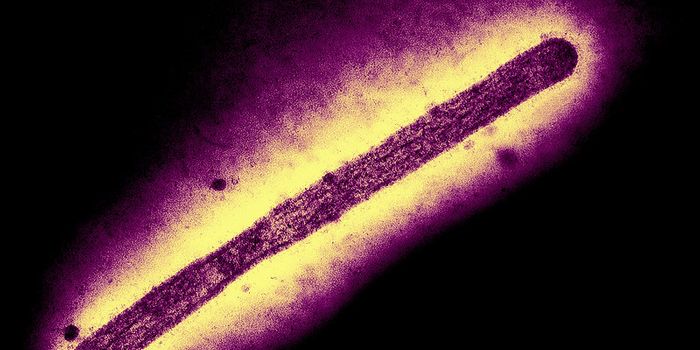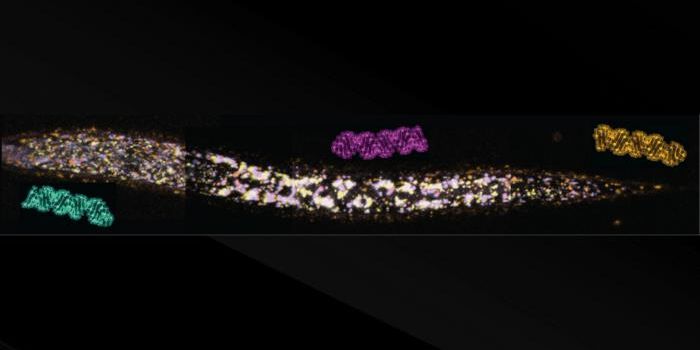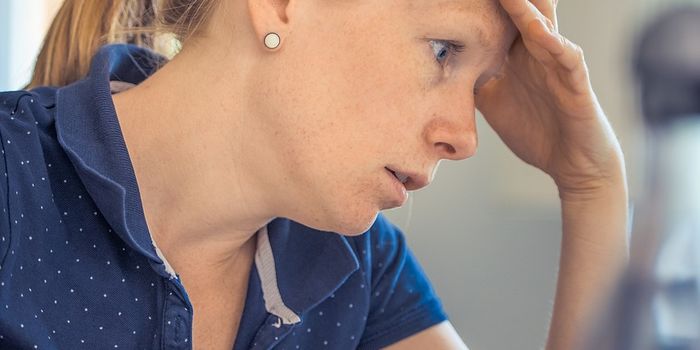Studying Skates for the Future of Cartilage Therapy
According to the Marine Biological Laboratory (MBL) at the University of Chicago, nearly 25% of Americans have arthritis resulting from cartilage damage within the joints. A study from MBL and research partners is examining the first known example of adult cartilage repair in a research organism—skates.
The study reports that in mammals, most hyaline cartilage is replaced by bone by adulthood, and it is difficult for the adult body to replenish the remaining cartilage. According to the study, adults lack the progenitor cells that generate new cartilage, making it difficult for the body to heal cartilage that has been damaged by injury or arthritis.
Because of this, scientists are looking to cartilaginous fishes to understand cartilage repair and regeneration. According to the study, the endoskeletons of chondrichthyans—a scientific class that includes sharks, rays, and skates—are composed mostly of hyaline cartilage and remain cartilaginous throughout their lifetime. This cartilage does not undergo ossification, and chondrichthyans feature indeterminate growth, meaning they slowly increase in size throughout adulthood.
In an article from MBL regarding the study, lead author and MBL scientist Andrew Gillis stated, “skates and humans use a lot of the same genes to make cartilage.” He continued that, “conceivably, if skates are able to make cartilage as adults, we should be able to also.”
The article reports that a series of experiments on little skates (Leucoraja erinacea) revealed that adult skates have specialized progenitor cells to create new cartilage. According to the study, these cells exist in a layer wrapped around the cartilage skeleton and activate genes that control cartilage development. In addition to generating chondrocytes, these progenitor cells spontaneously repair damaged cartilage. They also reported that healed skate cartilage did not form scar tissue.
Although, as noted by MBL, the research is in an early phase, the team is hopeful that little skates will continue to be an excellent model to study cartilage growth and generation. Additionally, the study concludes that this research will be beneficial to improve current human therapies for repairing cartilage in the joints. The MBL article notes supplements such as “shark cartilage tablets” have not been scientifically proven as valid for any health benefits.
Sources: Marine Biological Laboratory, eLife Sciences Publications










